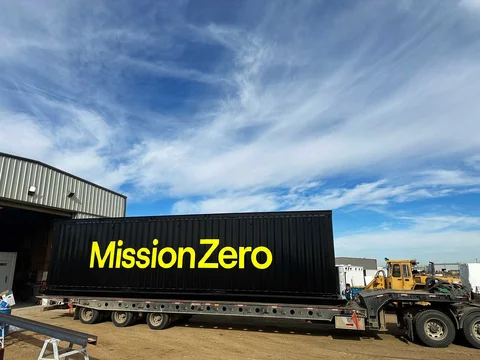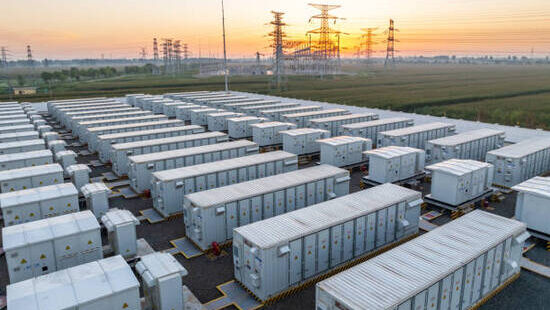
Mission Zero Technologies (MZT), the startup behind the UK’s first commercial direct air capture (DAC) plant, has begun deploying its third modular system at Deep Sky’s carbon removal and commercialization center, Deep Sky Labs, in Innisfail, Alberta, Canada. This system, powered by renewable solar energy, will enable Deep Sky to efficiently recover atmospheric carbon dioxide for permanent underground storage. This project marks a significant milestone for both the DAC and carbon removal industries, contributing to the global fight against climate change.
As the project’s owner and operator, Deep Sky will validate various promising DAC technologies on-site, including MZT’s system, which can capture up to 250 tonnes of CO2 annually. Once fully operational, Deep Sky aims to remove between 100,000 and one million tonnes of CO2 each year.
MZT’s approach focuses on a modular platform system that leverages existing mature technologies and supply chains, ensuring reliability and scalability for various industries. This method has enabled MZT to progress from contract to installation in just 12 months for the Deep Sky project.
To promote green skills and support local economies while enhancing supply chain sustainability, MZT has strategically sourced components from various suppliers, maintaining cost, performance, and market speed.
This installation at Deep Sky marks MZT’s first international deployment and its third overall. Notably, it is the first DAC plant to operate in sub-zero temperatures, enriching MZT’s database of real-world performance data across diverse climates and industrial settings. Access to reproducible field data is crucial for rapid optimization, as demonstrated by a 60% reduction in the levelized cost of this system compared to MZT’s first deployment in Sheffield, UK, in December 2023. This data is also essential for proving project viability and securing future financing for scaling operations.
Dr. Nicholas Chadwick, co-founder and CEO of Mission Zero Technologies, remarked, “Deep Sky Labs, which validates some of the leading startups in the DAC sector, represents a vital milestone for the carbon removal industry. It will demonstrate that effective DAC technology is commercially viable and an essential tool in combating the climate crisis.
“This installation will provide further evidence that a modular design using proven components and established supply chains is the most effective approach to delivering impactful climate technologies swiftly. Once operational, this system will contribute to our extensive operational data collection, which is crucial for optimizing our solutions and proving their efficacy to investors and policymakers.”







